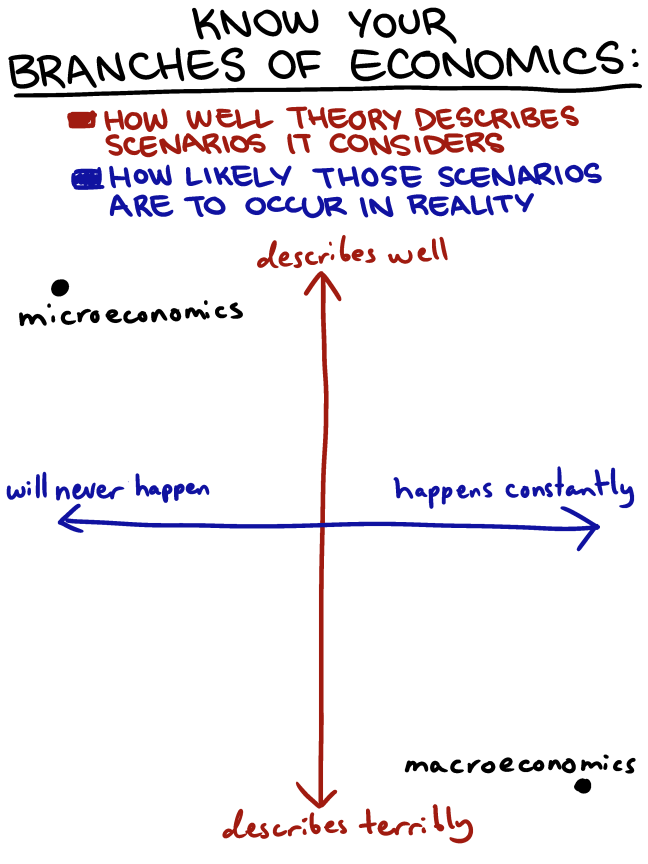When we talk about getting real about the Internet economy, we talk about acknowledging that there is real value there. And when we talk about valuation, we think we are talking about some measure of that—real value. The word “value” is built right into the word, so that must be what it means, right?
But what do we mean when we say “real value”? What kind of value or values? And, more importantly, value to whom? Is there only positive value? Or is there a negative component? Which part is... [More]





